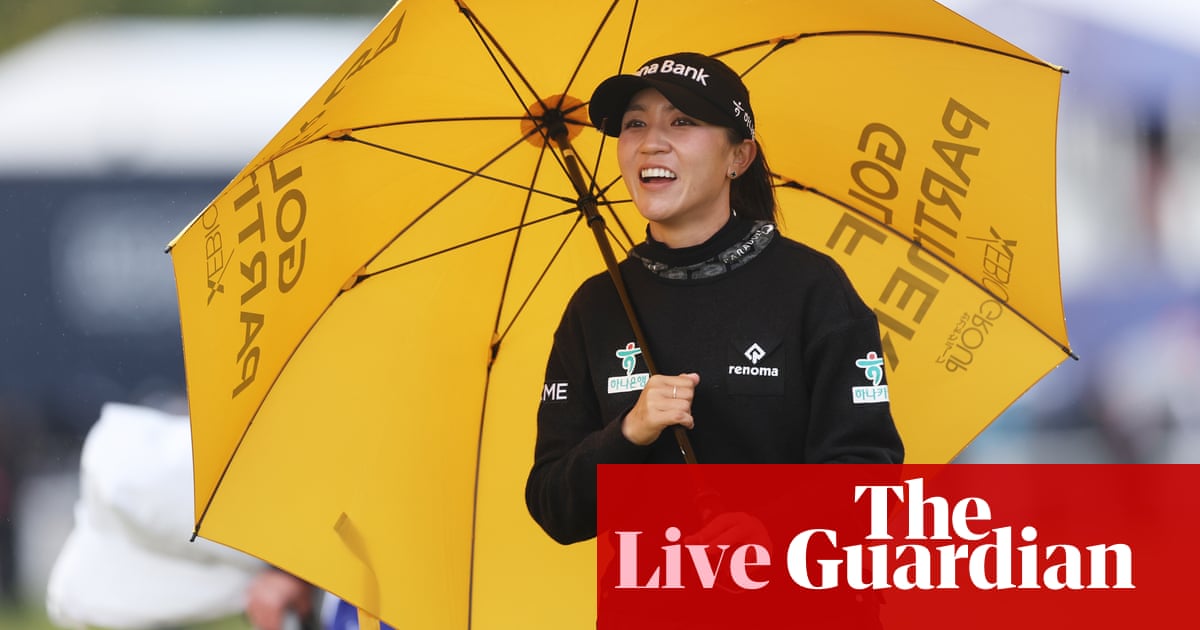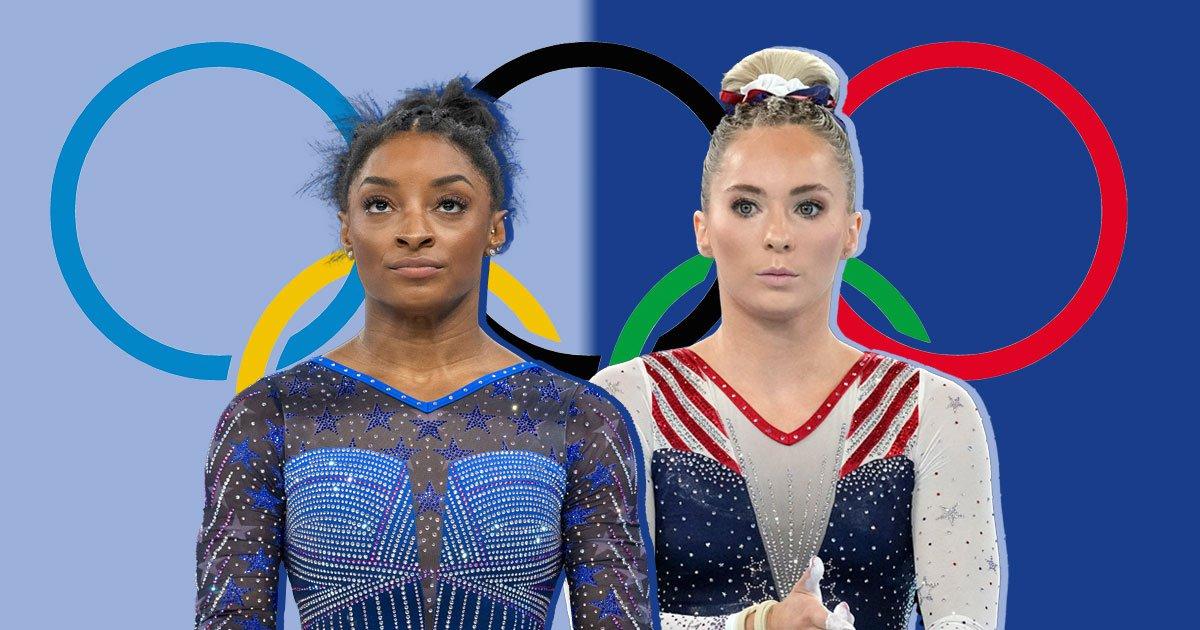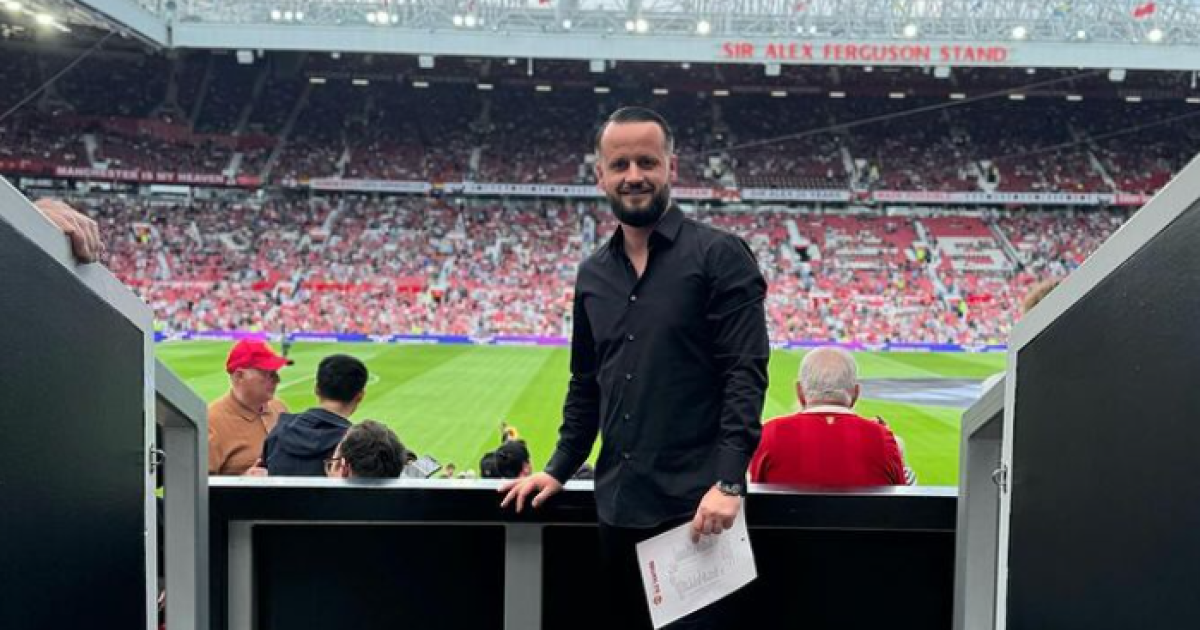Luke Littler is sitting alone in the green room of the Jonathan Ross Show. By this point we have already heard: Liam Gallagher talking about his dog; Raye recounting her 6am trip to McDonald’s after winning six Brit Awards; Millie Bobby Brown from Stranger Things on her future wedding; the comedian Rob Beckett on his new quiz show. Gallagher and John Squire have played their new single. The chat is flowing. Famous people are laughing with polished, performative loudness.
There are about 10 minutes left when Littler is finally summoned to the famous brown sofa. He gets on exactly as you would expect of a 17-year-old with virtually zero experience of the celebrity milieu. Everything here is diffidence and shrugs, short even words delivered in a short even tone, not so much recalcitrance as a basic teenage refusal. He doesn’t hate your question. He doesn’t love your question. He doesn’t really think anything about your question at all. It’s just there, hanging, and he’s learned by now that if he says a few words the question will go away, a car is going to come and take him home and then he’s going to play on his Xbox.
Ross is an old hand at interviewing young stars, reassuring and disarming and enthusiastic and relatable in all the right places, no way he’s 63 and all that. The questions are not so much posed as lobbed. How did you start throwing darts? How much do you practise? At one point we see a picture of the palm tree trophy he won in Bahrain and Beckett blurts out: “He’s bought that from H&M Home.” At another Ross asks Littler how he would check out 81. Littler replies “57, 24” and everyone gives him a round of applause.
You realise that the whole point of inviting this unique sporting prodigy on to a general entertainment show was not to interview him or to gain any kind of privileged insight into his darting genius, but essentially to gawp. His presence is the only thing required here: he’s a canvas, a vehicle for other, more famous people to perform. You may as well invite on Picasso and then ask him what you get when you mix blue and yellow.
At exactly the same time on Saturday evening, via the magical artifice of television, Littler is playing actual darts in Belgium. If somehow the perfumed world of primetime television seems to blunt and dull him, then give him three darts and a crowd and the very opposite effect occurs.
It’s not just the phenomenal scoring, the nerve and the verve. Even for those who have been watching this sport for many years, everything just seems a little more vivid and intense in Littler’s presence. There’s an energy and electricity there. The crowd pay just a little more attention. Littler’s opponents – on this occasion the stony-faced Pole Krzysztof Ratajski – look just a little more stressed.
As for Littler, this is his brown sofa and his autocue. Here, in the Oktoberhallen in Wieze, he’s Gallagher and Raye and Beckett and Ross all in one. Here, he walks with purpose, rouses the crowd, struts and dances, throws at pretty much whatever he wants. It’s taken him about three months after he first stepped on to the stage at the world championship to make the stage his own. The following night, playing the semi-final against Ricardo Pietreczko of Germany, things come to a head.
Littler is on 90 with two darts left. Most players in the situation would go for the bull, leaving tops, or treble-18, leaving double-18, or perhaps even treble-20, leaving double-15. Littler does none of these things. He throws at tops – double-20 – in the hope of leaving the bull. It’s a wild shot, an exhibition shot, a magnificent act of showboating in the middle of a ranking semi-final. And he misses. Pietreczko, for his part, is rattled enough to give Littler an earful after his inevitable defeat.
Later, he will post that he hopes Littler’s “arrogance comes back to punish him”. It does not. Littler goes on to win the title against Rob Cross, hitting a nine-darter along the way.
The kid on the Jonathan Ross sofa. The kid holding the trophy on the stage, having blitzed his way through another world-class field. Putatively, it feels like these are one and the same phenomenon, but really these are countervailing forces, pulling him in different directions. Already, Littler is appearing in cereal adverts. His Instagram grid is discreetly being studded with paid promotions. He’s 17, remember: he’s not making any of these decisions unaided.
after newsletter promotion
In the same way that it clearly wasn’t of his own volition that a copy of The Sun and a kebab were thrust into his hands in that ill-advised photoshoot during the world championships. Or to put him on the media rounds the morning after the world championship final. He’d had two hours’ sleep. He sounded totally shattered. He kept going on about how he wanted to go on holiday somewhere nobody could find him. And everybody just smiled, and then carried on asking him questions.
Obviously Littler is talented enough to make this work and if the people around him want to cash in on his germinating fame while the going is good, then whatever. The point here is that the sport has a once-in-a-generation genius on its hands, the kind of guy who paints the world in entirely new colours, who makes everything around him feel fresh and alive. It strikes me that trying to turn him into something else – a brand, a billboard, a celebrity, a content machine – is pretty much the least interesting thing you can do with him right now.
At the very end of the show, a dartboard is wheeled on to the set. Beckett, Raye and Brown all take three darts and have a go. Littler steps up, with a combined score of 83 to beat. He’s wearing a tight-fitting jacket. The board is about two feet too high. He’s not had any practice darts. Yet in that moment, an immense and liberating sense of calm seems to wash over him. All he ever needed was a crowd and three darts in his hand. He hits a 140.
-
Do you have an opinion on the issues raised in this article? If you would like to submit a response of up to 300 words by email to be considered for publication in our letters section, please click here.







